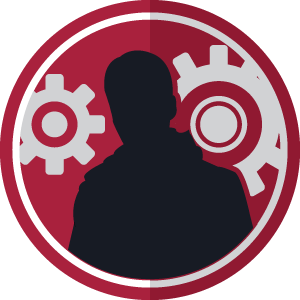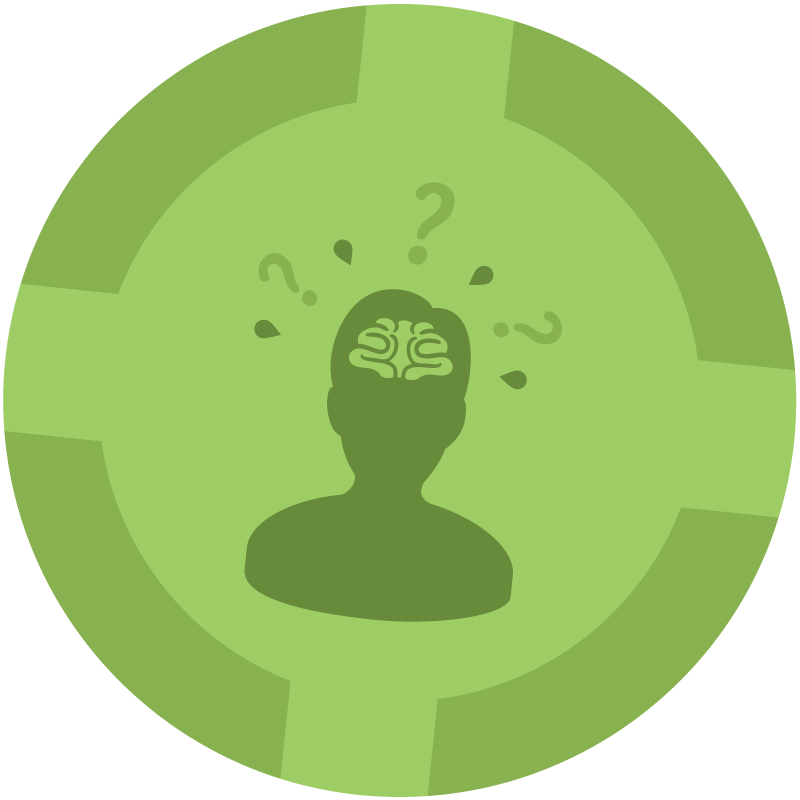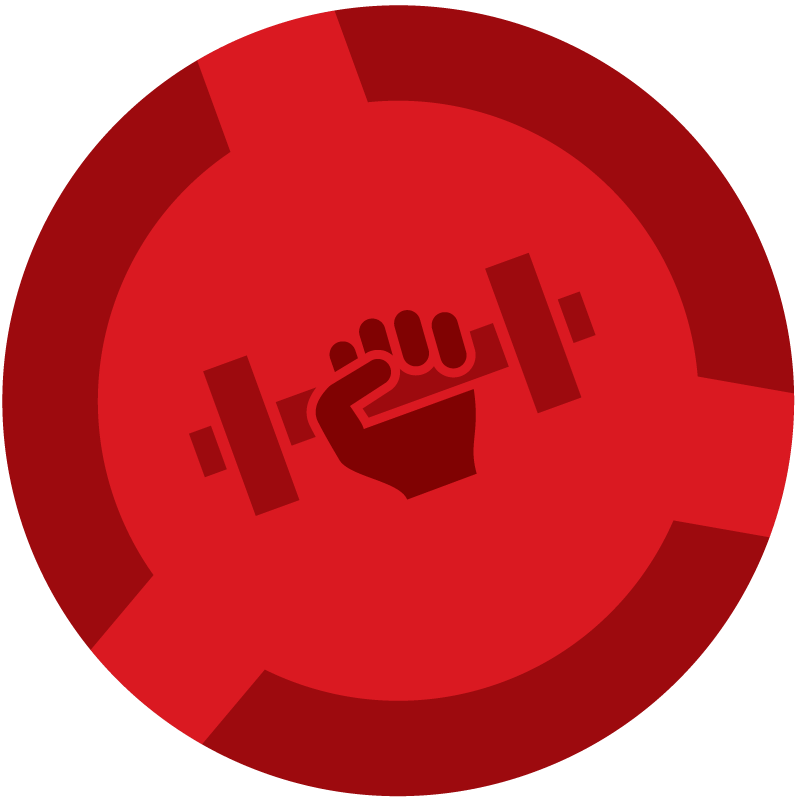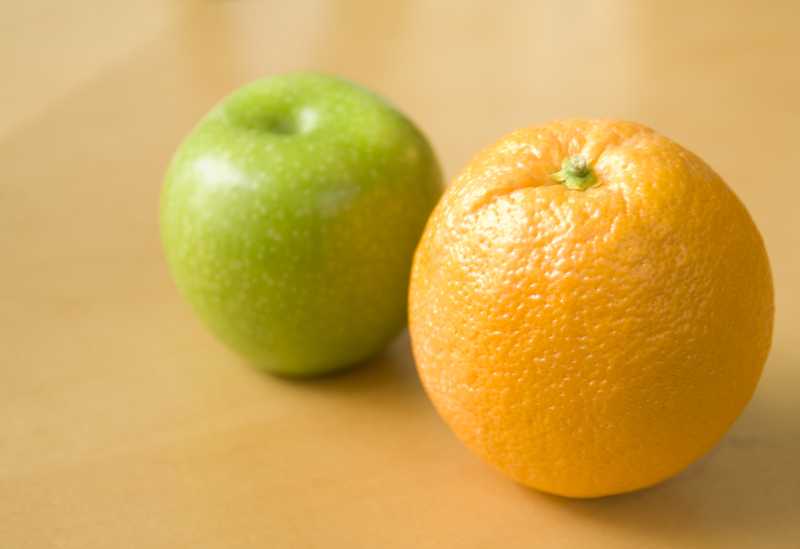Imagine

that we have beast of a computer. It has the latest graphics card, tons of RAM and a ridiculously powerful quad-core processor. We decide to hook it up to one of those ancient monochrome monitors that is capable of displaying green text only. Is our computer still powerful?
It would be incorrect to say our machine wasn't still powerful, it has so much potential with its current specifications. But are we going to be able to harness the machine's full potential using this outdated single-colour monitor? Not at all – having all that specification is completely worthless.
And so it is with poker players who have natural talent yet don't understand how to harness this with a good work ethic. We could be the next Phil Ivey, but if we only manage to get 30 minutes of
grinding done every week then we are never going to succeed.
This 2 part article series will list the different factors involved in operating at an increased level of productivity.
1. Forming Habits
Let's say that we don't generally get much exercise. One morning we wake up and decide for no apparent reason to go for a 5 mile run. How will we feel after that run? We'll probably feel that we are on the verge of death, absolutely exhausted.
We take a few days to recover and wake up the following morning to go for another 5 mile run. How do we feel this time? Exhausted again, but not at the same level.
Let's say we continue this procedure for the next few months. How do we feel now after each run? Doubtless tired, but it's nothing compared to our first run. In fact, every time we do it, it gets a little easier. Perhaps during the first month we would question whether we really wanted to get out of bed and go for a 5 mile run. But since we've been doing it now for a few months, it would actually feel wrong if we didn't get up and do it. We have now formed a habit.
The initial stages of
forming a habit are the hardest, but imagine we stick with our schedule and play 5 hours a day for the next month. By the time we reach the end of the month our 5 hour grind no longer seems as tough as it used to.
As poker players we want to get as much volume in at the tables as our schedule allows. Should we expect to just wake up one morning and grind for 5 hours without any negative effects? Not at all, the first time we try this we will probably feel like quitting within 2 hours. We feel tired and we are not used to concentrating for this amount of time. It's almost as if there is a natural force telling us not to do continue grinding. Wouldn't it be so much easier to just put on our favorite series or check out the latest Facebook posts for a while?
The initial stages of
forming a habit are the hardest, but imagine we stick with our schedule and play 5 hours a day for the next month. By the time we reach the end of the month our 5 hour grind no longer seems as tough as it used to. Any thoughts of quitting with the intention of watching our latest TV series or checking out Instagram have now disappeared. We know that we have our grind to complete and we focus on doing this. It's now as if there is a natural force compelling us to do the activity we have become so accustomed to doing over the last month. In fact, it would feel wrong for us not to do it. We have formed a habit.
The benefit of this to poker players should be pretty clear. Why struggle to put in volume when we can form a consistent habit which makes putting in volume feel easy? In some ways those people without good habits have it worse. Every grind is a struggle where strong forces compel them in a different direction. They don't have that history of successfully completing their grind each day and don't feel remotely bad about ditching their volume goals on yet another failed grind attempt. In fact it's what they are used to – they have a habit of not forming habits and not sticking to their goals.
The initial stages of habit making are the hardest. It takes conscious effort to do the activity that we have planned. In these initial stages it makes sense to have a written plan to help us stick with our goals. We can use a calendar app to schedule our grind for each week. It's estimated it takes 30 days to form a habit. If we can follow our schedule as closely as possible for a period of 30 days we will have generated a good habit – perhaps we won't even need our calendar any more.
2. Clearing Your Head
Sometimes

we may feel as if we have so much to do that we are not sure exactly where to start. Thoughts of one activity prevent us from performing a second activity optimally. We need to remove the clutter both from our minds and from our physical environment.
If you are currently sitting at an untidy desk while you read this then now is the time to stop reading. Come back when everything is neatly arranged. Even if it takes us several hours, we should tidy our work space and the rest of the room/house if it's necessary. We shouldn't expect that our concentration will be optimal in an untidy environment. We also should not expect that our concentration will be optimal if we have any important pending tasks that need to be addressed.
Naturally it's impossible for us to complete all of our tasks at once, so there will always be pending tasks while we work on our current task. Before starting any assignment however, it's recommended to get everything written down on paper or in a text document. There is a great app we can use for this called “Evernote”. It syncs with our phone/computer plus other devices and is great for creating plans and lists. We should write down everything that needs to be done on a given day and week and work through the list systematically.
While this may initially seem as if it's simply an extra task to do before we start our real tasks, it's important to emphasize that this is hugely worth doing. If we are the kind of person that doesn't like lists (many people are), then we should at least try this once – the results could be surprising. At the very least this will ensure that we get everything done without forgetting something. If we think of something else that needs to go on the list while we are completing one of our current tasks, we don't want to dwell on it (and distract ourselves from the current task). We simply add it to the list and bring our focus back around to the task we are doing.
3. Multi-Tasking
Studies have shown that trying to do 10 things at once is not good for our overall productivity. However does this mean that we should focus purely on one activity only? Most experts agree that doing two tasks at once is actually the most optimal. Why is this the case?
There is a possibility we get sick of doing the same activity over and over again which can result in lower productivity. Having two projects on the go at any one given time helps us to keep motivated and helps to keep our projects feeling fresh.
In many cases it's very easy for one of our tasks to get delayed. Perhaps we are waiting for some software to install or waiting for a phone-call from someone before continuing. We could naturally sit there and stare at the screen while we wait for our software to install but this is clearly not efficient use of time. We can get on with our second task while we wait, perhaps replying to important Skype messages. Once we have replied on Skype and are waiting for replies we can get on with the activity that involves the software we have now finished installing. We are essentially getting twice as much work done in the same amount of time here.
It's also true that with longer projects it's nice to have some variation. There is a possibility we get sick of doing the same activity over and over again which can result in lower productivity. Having two projects on the go at any one given time helps us to keep
motivated and helps to keep our projects feeling fresh. So when starting a new project it's often good to start two projects at the same time.
4. Energy
This could easily be one of the most important things on the list. The bottom line is that if our energy is low we will struggle to be productive. While energy may seem like something we have no control over, our energy levels are often a pretty accurate representation of our lifestyle. Certain lifestyles will result in low energy levels while others will result in higher. We will think about, exercise, sleep, hydration and nutrition.
a) Exercise – It

shouldn't be too complicated to see a link between the amount of exercise we get and our energy levels during the day. But hold on, what about that guy that randomly ran 5 miles for the first time? Did he have good energy levels throughout that day? Probably not, he likely felt exhausted and possibly even spent the rest of the day sleeping.
But several months down the line he now has the energy to run 5 miles and still lead a productive day. So while exercise will lower our energy in the short term, in the long run it will be greatly increased. So even if exercise initially seems like a chore and is very tiring, we should think of it as an investment.
We are not suggesting for a minute that we run 5 miles a day. But we need to strike a balance between that and simply sitting in front of the computer for 12 hours a day. It's pretty useful if we have a hobby that involves some form of exercise. That could involve sports or could be something simple like going for a walk/jog in the morning or visiting the gym once or twice a week to lift a few weights.
Our goal should not be to tire ourselves out but rather build our long-term stamina and refresh ourselves. A 5 mile run every morning would probably be exhausting (although it's all relative), whereas a 10-15 minute walk could be invigorating and get us into a good frame of mind for the day.
While we may not always realize this intuitively, there is a strong link between our physical health and our mental state. When our physical health is good we will think more clearly and efficiently, and also for longer.
b) Sleep – Sleep is one of those things where more does not always equal better. We are striving for the optimum amount: no more and no less.
For most adults this is somewhere around 7-8 hours sleep. It may seem intuitively that the more sleep we get the more awake we will feel but this is really not the case. If we get significantly more than 8 hours sleep we may actually wake up feeling tired and groggy. Some people also suffer from headaches when they oversleep which is going to reduce productivity for that day.
Getting the right amount of sleep has also been linked to long-term health benefits. Some studies have shown that those who get significantly more or less than the recommended amount of sleep are likely to have shorter life-spans. So ironically your morning lie-ins could be slowly killing you.
Some very productive people make use of what is known as bi-phasic sleeping patterns. This is not recommended for most people but it can be an interesting read if you google search for it. The idea is that rather than getting 8 hours sleep a night we could get 4 hours at night and then 2 hours during the day. The vast majority of us will want to stick to normal
sleeping patterns but keep in mind that it is acceptable to take a short nap towards the later part of the afternoon.
This nap should be somewhere in the region of
20-45 minutes and can help us to be more productive towards the evening hours. Napping for longer than this is not advised since it can upset our sleeping pattern and actually make us more tired.
c) Nutrition – There

is a huge link between what we eat and our energy levels. After all, food is where our energy comes from in the first place. It's not possible to give detailed nutritional advice here, but it can be useful to consider what we don't want to do.
Our goal regarding nutrition and energy level is to have a relatively flat amount of energy throughout the day. We don't want to feel hyper-active and we don't want to feel tired. We just want a constant regular amount of energy that allows us to get our tasks done in the most efficient manner.
Let's imagine in the morning we drink a huge amount of coffee and eat a large piece of sugary chocolate cake. What happens to our energy levels? They soar, all of that sugar and caffeine. We feel great! We feel like we can get absolutely everything done! At least.....for another half an hour or so. Our body is working to compensate for what we have just ingested. It starts producing insulin to counteract our sugar levels. Guess what happens? We start to feel really burned out. In fact, we just feel like sleeping and barely get any work done.
That is, until lunch time. When we drink a huge cup of coffee and eat a HUGE lunch. For a while we feel great again. Our energy level soars. Then they drop.
Hopefully we can see what is happening here? Our energy levels are rapidly soaring up and then plummeting down as if we are on some type of energy roller-coaster. So how can we fix this and have a consistent flat level of energy?
For full details on this it's recommended you google search and seek the advice of
nutrition experts. But here are some basic pointers -
- Eat more meals per day, but smaller, to provide a constant energy stream. Don't just eat one gigantic meal per day.
- Avoid caffeinated products (within reason). Understand that these are just a quick fix and not a long term solution. Any energy we “borrow” by means of a caffeinated product such as coffee or energy drink will be taken back later when we crash and have low energy levels. There is no way to avoid or trick sleep.
- Avoid sugary products. Instead eat fruits, vegetables, nuts, fish, eggs, and meat.
 that we have beast of a computer. It has the latest graphics card, tons of RAM and a ridiculously powerful quad-core processor. We decide to hook it up to one of those ancient monochrome monitors that is capable of displaying green text only. Is our computer still powerful?
that we have beast of a computer. It has the latest graphics card, tons of RAM and a ridiculously powerful quad-core processor. We decide to hook it up to one of those ancient monochrome monitors that is capable of displaying green text only. Is our computer still powerful? we may feel as if we have so much to do that we are not sure exactly where to start. Thoughts of one activity prevent us from performing a second activity optimally. We need to remove the clutter both from our minds and from our physical environment.
we may feel as if we have so much to do that we are not sure exactly where to start. Thoughts of one activity prevent us from performing a second activity optimally. We need to remove the clutter both from our minds and from our physical environment. shouldn't be too complicated to see a link between the amount of exercise we get and our energy levels during the day. But hold on, what about that guy that randomly ran 5 miles for the first time? Did he have good energy levels throughout that day? Probably not, he likely felt exhausted and possibly even spent the rest of the day sleeping.
shouldn't be too complicated to see a link between the amount of exercise we get and our energy levels during the day. But hold on, what about that guy that randomly ran 5 miles for the first time? Did he have good energy levels throughout that day? Probably not, he likely felt exhausted and possibly even spent the rest of the day sleeping. is a huge link between what we eat and our energy levels. After all, food is where our energy comes from in the first place. It's not possible to give detailed nutritional advice here, but it can be useful to consider what we don't want to do.
is a huge link between what we eat and our energy levels. After all, food is where our energy comes from in the first place. It's not possible to give detailed nutritional advice here, but it can be useful to consider what we don't want to do.

